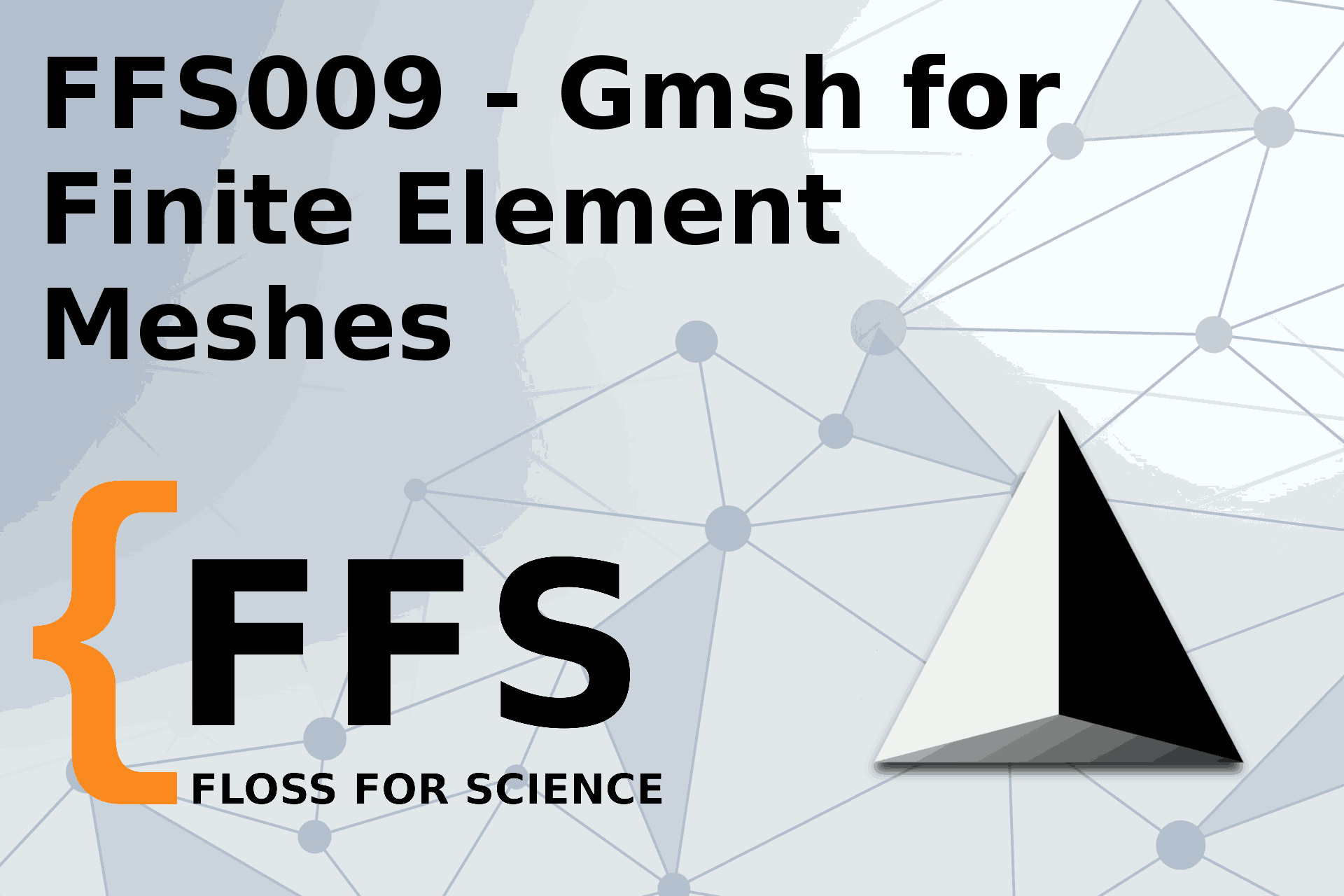
EP009 Finite element meshing with gmsh
Outline
In Episode 9, we interviewed Christophe Geuzaine about gmsh, a three-dimensional finite element mesh generator with built-in pre- and post-processing facilities. Gmsh is a free 3D finite element mesh generator with a built-in CAD engine and post-processor. Its design goal is to provide a fast, light and user-friendly meshing tool with parametric input and advanced visualization capabilities. Gmsh is built around four modules: geometry, mesh, solver and post-processing. The specification of any input to these modules is done either interactively using the graphical user interface, in ASCII text files using Gmsh’s own scripting language (.geo files), or using the C++, C, Python or Julia API.
About Christophe Geuzaine:
Christophe Geuzaine received his PhD degree in 2001 from the Faculty of Applied Sciences at the University of Liège in Belgium. After post-doctoral positions at the California Institute of Technology and with the Belgian National Science Foundation, he became an assistant professor of Mathematics at Case Western Reserve University in the US in 2005. In 2007 he came back to the University of Liège, where he is now full professor in the department of Electrical Engineering and Computer Science. He is the founder and head of the Applied and Computational Electromagnetics research group within the Montefiore Institute.
Prof. Geuzaine’s research encompasses modeling, analysis, algorithm development, and simulation for problems arising in various areas of engineering and science, with current applications in electromagnetic, biomedical and geophysical problems. He has authored numerous papers in the fields of scientific computing and is the co-creator of the popular open source mesh generator Gmsh and the multi-physics finite element solver GetDP.
Links:
- Gmsh @ selfhosted gitlab
- @OnelabModels on Twitter
- Public mailing list for Gmsh users
- C. Geuzaine, J.-F. Remacle, Gmsh: A 3-d finite element mesh generator with built-in pre-and post- processing facilities, International journal for numerical methods in engineering 79 (11) (2009) 1309–1331. doi:doi.org/10.1002/nme.2579
Listen to this episode here or add our rss feed to your favourite podcast application.









